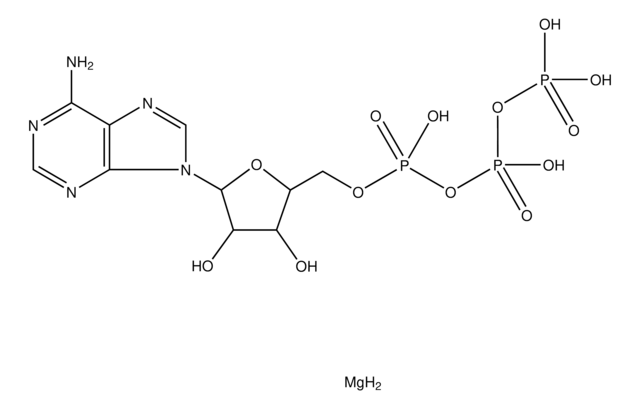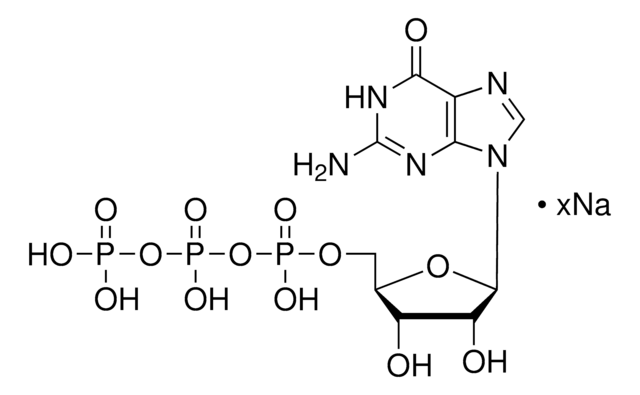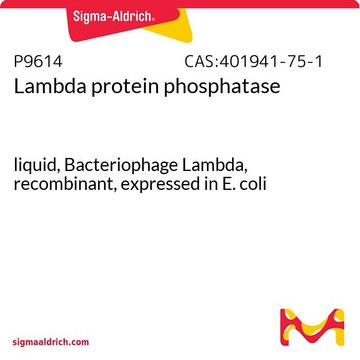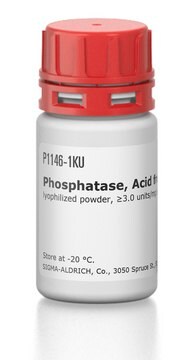P3895
Phosphatase, Alkaline from human placenta
≥10 units/mg solid (in glycine buffer)
Synonym(s):
Orthophosphoric-monoester phosphohydrolase (alkaline optimum)
About This Item
Recommended Products
form
solid
Quality Level
specific activity
≥10 units/mg solid (in glycine buffer)
UniProt accession no.
storage temp.
−20°C
Gene Information
human ... ALPP(250)
Looking for similar products? Visit Product Comparison Guide
Application
Biochem/physiol Actions
Unit Definition
inhibitor
Signal Word
Danger
Hazard Statements
Precautionary Statements
Hazard Classifications
Resp. Sens. 1
Storage Class Code
10 - Combustible liquids
WGK
WGK 1
Flash Point(F)
Not applicable
Flash Point(C)
Not applicable
Regulatory Listings
Regulatory Listings are mainly provided for chemical products. Only limited information can be provided here for non-chemical products. No entry means none of the components are listed. It is the user’s obligation to ensure the safe and legal use of the product.
JAN Code
P3895-BULK:
P3895-100MG:
P3895-10MG:
P3895-VAR:
P3895-25MG:
P3895-250MG:
P3895-5MG:
Certificates of Analysis (COA)
Search for Certificates of Analysis (COA) by entering the products Lot/Batch Number. Lot and Batch Numbers can be found on a product’s label following the words ‘Lot’ or ‘Batch’.
Already Own This Product?
Find documentation for the products that you have recently purchased in the Document Library.
Customers Also Viewed
Our team of scientists has experience in all areas of research including Life Science, Material Science, Chemical Synthesis, Chromatography, Analytical and many others.
Contact Technical Service








